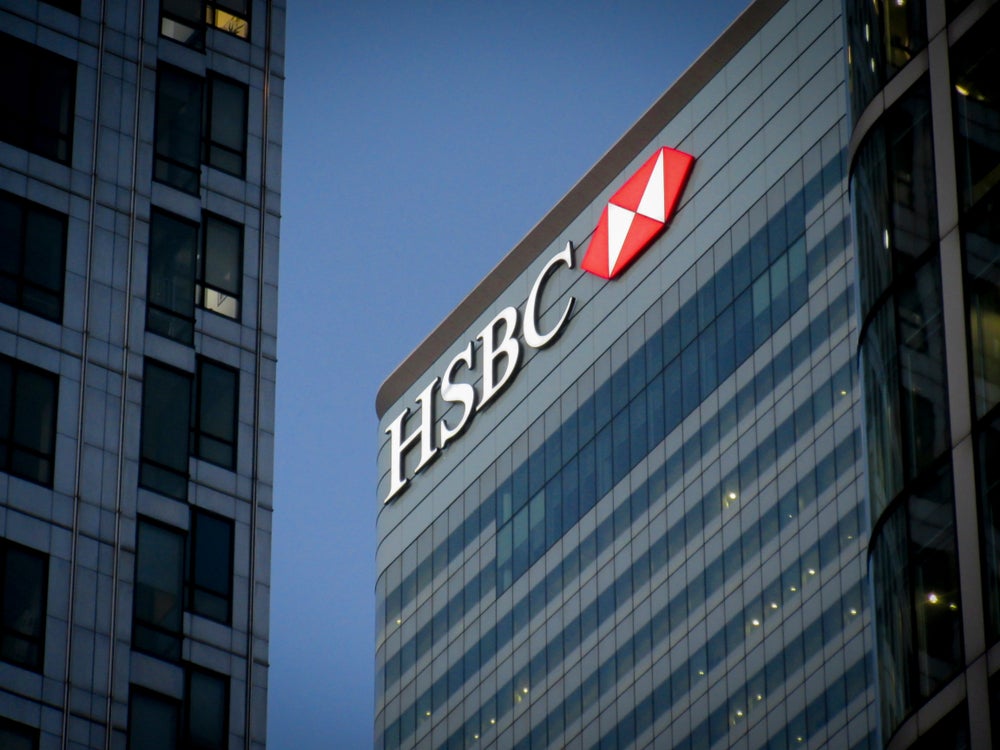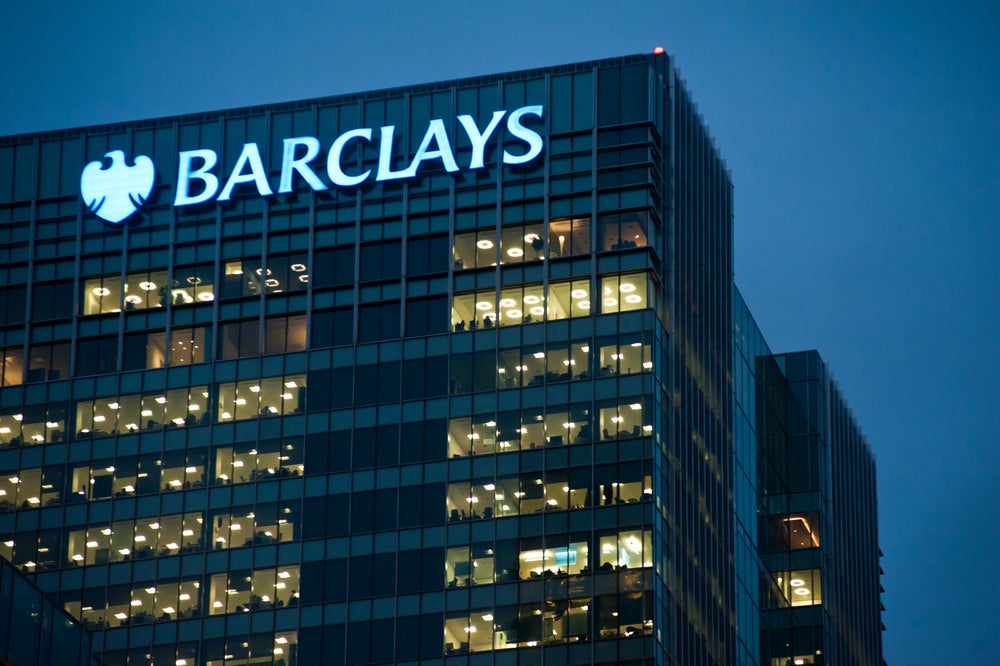
In the next edition in our series of ‘the largest private banks in…’, Patrick Brusnahan looks at one of the wealth management world’s largest and most fragmented markets: the largest private banks in the UK.
Over the past years, Private Banker International has joined forces with GlobalData (both part of the same parent company) to produce an annual ranking of global private banks by their assets under management (AuM).

Access deeper industry intelligence
Experience unmatched clarity with a single platform that combines unique data, AI, and human expertise.
In the past, we have revealed the largest private banks in Switzerland, the largest private banks in the US and the largest private banks in Asia based on this data. This week we take a look at the largest private banks in the UK ranked by their market cap:
Largest private banks in the UK: Ranking the top five
1. HSBC: $128.9 billion
 The UK’s largest private bank towers above its rivals with over triple the market cap than Lloyds in second place.
The UK’s largest private bank towers above its rivals with over triple the market cap than Lloyds in second place.
Behind HSBC’s dominance on the UK’s list is its global presence, but this is coming under pressure as its largest shareholder, Ping An, wants to split the Asian and Western arms.
In addition, reported profit after tax was down $1.1bn to $3.4bn ear-on-year in Q1 2022 and reported profit before tax was down $1.6bn to $4.2bn.

US Tariffs are shifting - will you react or anticipate?
Don’t let policy changes catch you off guard. Stay proactive with real-time data and expert analysis.
By GlobalData2. Lloyds Banking Group: $39.7 billion
While HSBC is focused on banking assets abroad, Lloyds banking Group is a British behemoth more focussed to the UK domestic market. The bank is looking to move away from a physical presence, as part of its greater digital push, and is shuttering another 60 branches, set to affect 124 employees.
3. Barclays: $31.6 billion

Unlike HSBC or Standard Chartered, Barclays has drawn back on its foreign exposure and instead focused more core markets. For example, the bank sold a 7.4% stake in Africa’s Absa Group in a deal valued at around $687m.
Barclays, through its wholly-owned subsidiary Barclays Principal Investments, sold over 63 million shares in Absa at $10.88 apiece.
A decision to limit its private bank to clients with at least £500,000 in 2014 mean that Barclays is no competitor to firms that focus purely on wealth management, such as St James’s Place.
4. Standard Chartered: $21.2 billion

Standard Chartered is a British private bank, but the vast majority of its private banking AuM comes from foreign shores. The ‘StanChart’ group owes around 90% of its profits to Africa, Asia and the Middle East, and things at the private bank are not much different.
However, the bank has announced plans to shutter operations in seven markets across Africa and the Middle East (AME) region.
The move is aimed at improving efficiency, reducing complexity, and redirecting resources to areas with greater scale and growth potential.
Angola, Cameroon, Gambia, Jordan, Lebanon, Sierra Leone and Zimbabwe are the markets from where Standard Chartered will fully exit.
5. Schroders: $9.7 billion
Schroders is fully committed to asset and wealth management. Currently, it is in a buying spree with the purchase of a 75% stake in specialist investment manager Greencoat Capital in a bid to cater to client demand for environmentally positive products.
Furthermore, the firm recently snapped up Dutch real estate fund manager Cairn Real Estate and River & Mercantile Group’s Solutions business.
And the others
Added together, the assets managed by the banks listed here do not even come close to matching the trillions managed by UBS, or the other American banks that make up the top 3 global banks.
But that is not due to a lack of wealth in the UK. According to the World Wealth Report published by Capgemini last week, the UK has the sixth largest population of HNWIs in the world, with 556,000 based in the country. According to GlobalData, there is $4,025 billion in liquid wealth to be managed
Those billions not managed by banks on this list are looked after by a host of other smaller players: boutique wealth managers, multi-family offices and centuries-old family banks.
The UK is a fragmented market, more so than the others PBI has studied in these rankings. A large amount of wealth is spread very thin.







